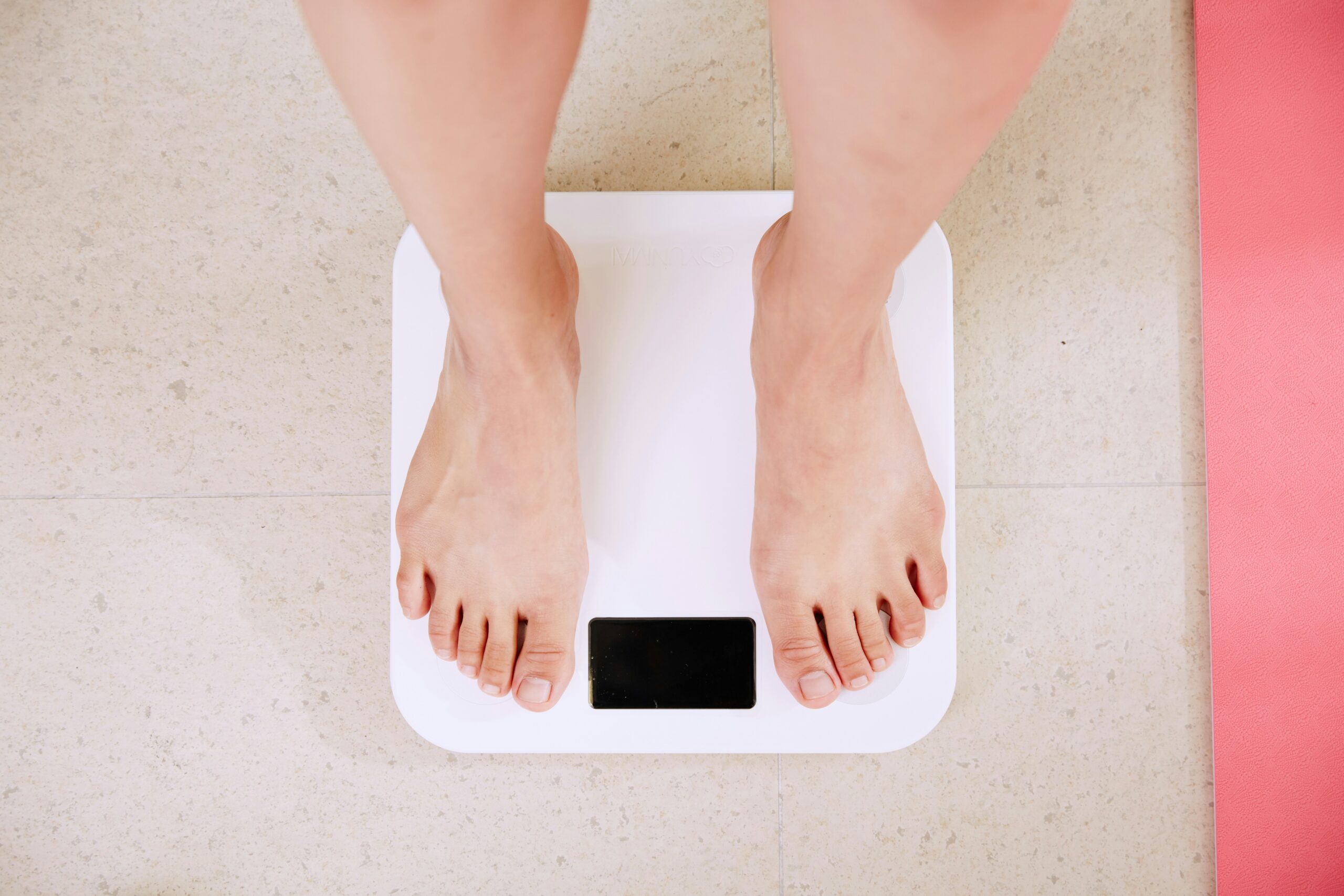Introduction
When it comes to losing weight, exercise plays a crucial role in achieving your goals. However, it’s important to approach exercise with the right mindset and focus on certain aspects that can maximize your weight loss efforts. In this article, we will discuss what you should pay attention to when exercising to lose weight.
1. Set Realistic Goals
Before starting any exercise routine, it’s essential to set realistic goals. Instead of aiming for drastic weight loss in a short period, focus on gradual and sustainable progress. Set achievable targets that align with your current fitness level and lifestyle. This will help you stay motivated and prevent burnout.
2. Choose the Right Type of Exercise
Not all exercises are created equal when it comes to weight loss. While any form of physical activity is beneficial, certain types of exercises can be more effective in burning calories and shedding pounds. Incorporate a combination of cardiovascular exercises, such as running, cycling, or swimming, along with strength training exercises to build lean muscle mass.
3. Consistency is Key
Consistency is crucial when it comes to losing weight through exercise. Aim for regular workouts, ideally at least 3-5 times a week, to maintain momentum and see results. It’s better to have shorter, consistent workouts than sporadic, intense sessions. Find a routine that fits your schedule and stick to it.
4. Pay Attention to Intensity
The intensity of your workouts can significantly impact your weight loss progress. While moderate-intensity exercises are beneficial for overall health, incorporating high-intensity interval training (HIIT) can be particularly effective for weight loss. HIIT involves short bursts of intense exercise followed by brief recovery periods, which helps to boost your metabolism and burn more calories.
5. Listen to Your Body
While pushing yourself during workouts is important, it’s equally crucial to listen to your body and avoid overexertion. Pay attention to any signs of pain, fatigue, or discomfort. Rest when needed and don’t hesitate to modify or adjust your workouts based on your fitness level and capabilities. Gradually increase the intensity and duration of your workouts as your fitness improves.
6. Incorporate Strength Training
Many people associate weight loss with cardio exercises, but strength training is equally important. Building lean muscle mass through strength training can increase your metabolism and help you burn more calories even at rest. Include exercises that target major muscle groups, such as squats, lunges, push-ups, and deadlifts, in your workout routine.
7. Pay Attention to Nutrition
Exercise alone is not enough to lose weight. Paying attention to your nutrition is equally important. Fuel your body with a balanced diet that includes plenty of fruits, vegetables, lean proteins, and whole grains. Avoid processed foods, sugary drinks, and excessive calorie intake. Remember, weight loss is a combination of exercise and a healthy diet.
8. Stay Hydrated
Proper hydration is often overlooked but plays a vital role in weight loss. Drinking an adequate amount of water not only helps regulate your body’s functions but also aids in digestion and metabolism. Stay hydrated before, during, and after your workouts to optimize your exercise performance and support your weight loss efforts.
Conclusion
When exercising to lose weight, it’s important to approach it with a holistic mindset. Set realistic goals, choose the right type of exercise, maintain consistency, pay attention to intensity, listen to your body, incorporate strength training, focus on nutrition, and stay hydrated. By paying attention to these aspects, you can optimize your weight loss journey and achieve long-term success.





